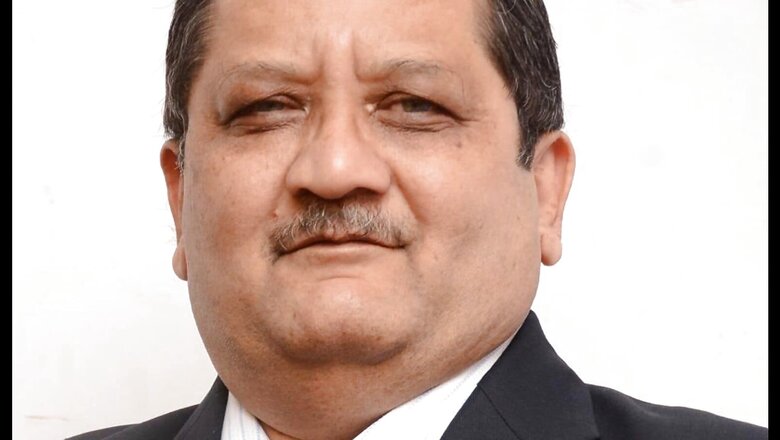
views
There is no shortage of doctors in India and the move to create non-MBBS ones will backfire on the government, Dr Jayesh Lele, general secretary of the Indian Medical Association, told News18.com.
According to the country’s largest lobby of allopathic doctors, IMA has written several letters to the health ministry, and the National Medical Council (NMC) to oppose lateral entry where ayurveda or homoeopathy practitioners can be given entry into postgraduate courses, such as post-graduation (MD) in surgery.
“The move to create integrated doctors by 2030 will backfire on the central government. There will be no pure MBBS doctors who have learnt the basics of modern medicine,” Lele, who is a doctor of general medicine since 1978 and practises in his clinic based in Mumbai’s West Malad, told News18.com.
Every year, he claimed, India gets one lakh allopathic doctors who are more than sufficient for the requirement of the country. He said that there is no shortage of doctors across India and, in fact, there are doctors who are searching for employment opportunities.
“In March, IMA requested the government of India for the placement of 1,000 doctors across the country, irrespective of location. None of the given lists of 1,000 doctors have been given the job, so far,” he said. “On what basis do we claim, we don’t have enough doctors? These are false claims that India has a shortfall of doctors.”
The draft national education policy 2019 has recommended sweeping changes in the medical education sector.
For instance, a homoeopathy doctor can appear for NEET exams after completing a six-month course in allopathy, bringing him on par with MBBS students.
‘Don’t blame pharma-doctor nexus, fix self-prescription’
Instead of blaming doctors for the pharma-doctor nexus, the central government should formulate strict rules to stop selling even a single pill without an invoice, Lele said.
The majority of people consume medicines either on the basis of what the chemist has handed over to them or what they have been consuming for years based on trust, he said.
“We have taken all complaints very seriously and investigations on our part have been done,” Lele said. “I want to understand why we cannot stop chemists and people from self-prescription of medicines. It’s not just paracetamol but even the popular antibiotics such as doxycycline and azithromycin which are exploited by chemists and self-prescription.”
Why do people blame doctors for everything, he asked.
“Let the government plan strict rules around prescriptions and self-medication where even a tablet sold in the country should have an invoice. For every cold, fever and regular ailment, chemists wear the hats of doctors and prescribe drugs,” said Lele.
‘Mixopathy compromises on quality of care’
The Indian Medical Association is against mixing various systems of medicines together to treat patients but says it respects the traditional system of medicines including ayurveda.
Formally known as integrative medicine, the central government aims to bring a policy on the same aiming to bring best practices of modern medicine and Ayush systems of medicine together to provide comprehensive healthcare to an individual and the community.
“The government is trying to mix up many things. IMA is not against ayurveda or any traditional form of medicine but we are against mixing various techniques of healing together,” Lele said.
It eventually puts the life of the patient in danger apart from creating antimicrobial resistance, he said.
“It has been noticed that while a majority of ayurvedic practitioners don’t prescribe any other branch of medicine, other practitioners often prescribe mild to moderate allopathic drugs as supplementary prescriptions,” said Lele. “The amount of research that has gone into allopathy so far is humongous in comparison to little or negligible research into other systems of medicine.”
This mixopathy system failed miserably in China when they tried to introduce it into their health system, he said.
‘Must act against false ads of ayurveda, herbal medicines’
The government must act swiftly against objectionable advertisements where several ayurvedic and traditional medicines are promoted to cure diabetes, AIDS, cancer, and other chronic ailments, Lele urged.
Known for his stern stands, Lele is known as one of the most active members of the medical fraternity who has held various positions in several medical associations.
Under him, IMA is fighting several court cases against popular ayurvedic firms that advertise their products in an inappropriate manner to fool consumers.
“These advertisements falsely assure patients to cure their medical conditions while there is no scientific evidence to back their claims. These companies do not comply with the Drugs and Magical Remedies Act,” he said.
The government must act, as these companies – some run by popular godmen or popular gurus – have done the initial damage in the rural areas where people trust such false claims easily, said Lele.
Read all the Latest India News here













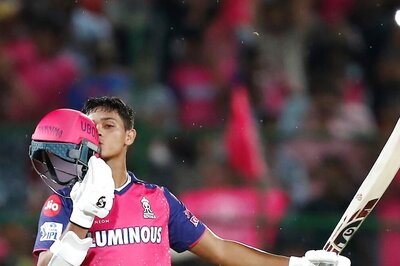
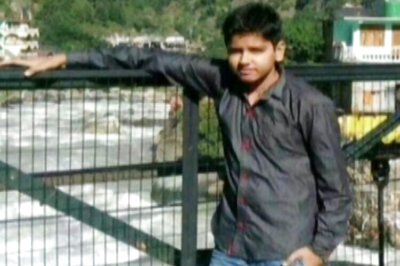


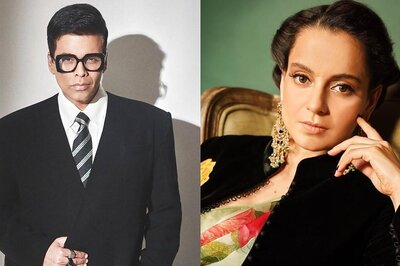

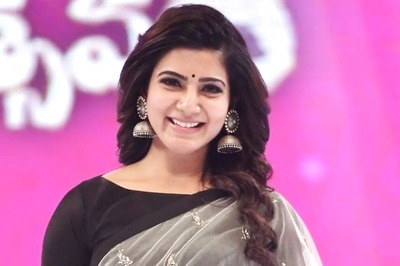
Comments
0 comment